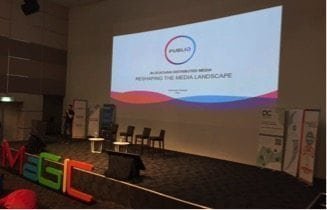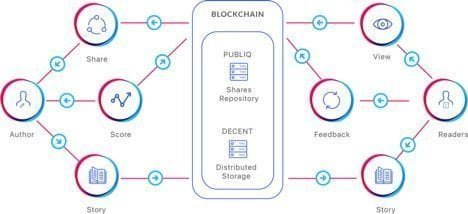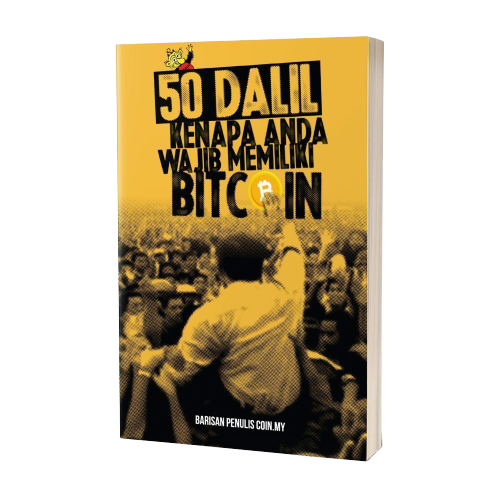This article is mainly focused on the third talk ‘Reshaping the Media Industry using Blockchain’ given by Alexandre Tabbakh from PUBLIQ. Alexandre is the CEO of PUBLIQ and he is an expert in Fintech and Blockchain technology with in-depth knowledge of derivatives from his experiences at Société Générale and JP Morgan across Paris, Luxembourg and Hong Kong. He has been working with several Fintech startups, where he was in charge of building Blockchain-based workflows and Proof-of-Concepts protocol. His passion has grown into a drive to change many aspects of our global social, financial and media ecosystems to be more efficient, transparent, and secure.
Alexandre shared how he started with PUBLIQ. As we know, the population of human in the world today is around 7.476 Billion, and as of June 2017, 51% of the world’s population is on the internet. According to Alexandre,”‘Every 2 days, we create as much information as we did form the beginning of time until 2003’”.
This shows the enormous amount of data that is communicated every single day; coming from social media, websites and emails. Therefore, it is very important to make sure that the data is in very high quality and get filtered for its relevance and credibility. The unstoppable rise of the online media industry is crucial in transferring large volume of data, yet at the same time, most of the information are not checked or if checked, go through rigid censorship process that it doesn’t even see the light of day.
![]()
There are few problems emphasised by Alexandre, including unfair publishing and payment practices, over-centralization of current platforms with systematic censorship, the wealth generated is not transparently redistributed, micropayments solutions did not manage to convince readers, and ”Fake News” & “Alternative Facts” becoming powerful communication weapons.
So, how to make a content free and of high quality? How to rebuild trust into media? Below are the solutions that Alexandre discovered:
- Reinvest using new technologies to improve the independence & impartiality of information.
- Set a fair and transparent remuneration mechanism.
- Enhance publishing & reading experience.










